Yaeko Izumo
Nascimento : 1909-09-08, Hachinohe, Aomori Prefecture, Japan
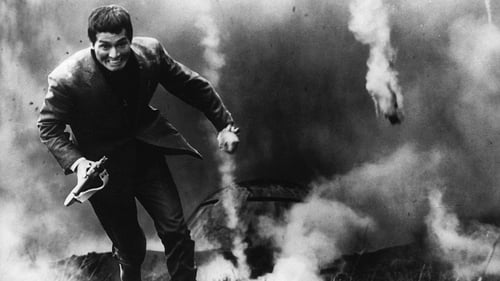
A nerdy young college instructor named Shinji Kikyo returns home one day to find himself the target of a mad assassin. Surviving somewhat miraculously, he fends off other assassins and with the help of reporter Keiko Tsurumaki and car mechanic Bill Otomo, eventually discovering that a "population control" association is really an assassination squad led by Shogo Mizorogi, who has been training patients of a mental asylum to become killers.

When an only child is struck by a car and dies, the child's mother seeks vengeance against the driver in this thrilling drama. The car was driven by the wife of a company president who is having an affair. The woman's husband manages to buy silence about the incident, but the victim's mother discovers the identity of the driver. After she secures a job in the home of the company president and his philandering spouse, the woman plans to murder the couple's son when he reaches the age of her late son.
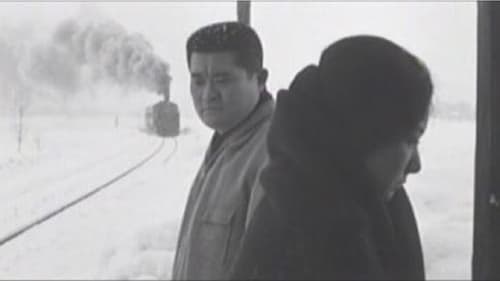
Young widow Ine is suffering under the harsh treatment of her mother in law. As a former Geisha, Ine had struggled to be accepted into the well-established Rokujo family from the beginning. With the support of Jiro, a young man Ine's late husband had saved from homelessness as a young boy, Ine tries to keep the family's heritage of silk processing alive. Their close relationship soon causes gossip among the villagers and threaten Ine's position in the family even further ...
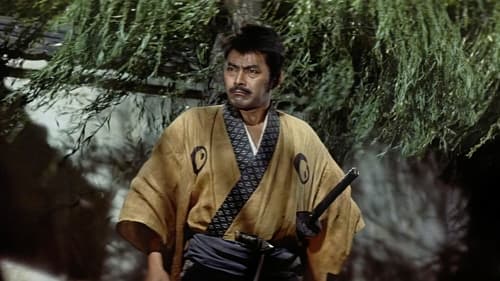
The story tells of a group of samurai who were left leaderless (becoming ronin) after their daimyo (feudal lord) was forced to commit seppuku (ritual suicide) for assaulting a court official named Kira Yoshinaka, whose title was Kōzuke no suke. The ronin avenged their master's honor after patiently waiting and planning for over a year to kill Kira. In turn, the ronin were themselves forced to commit seppuku for committing the crime of murder.
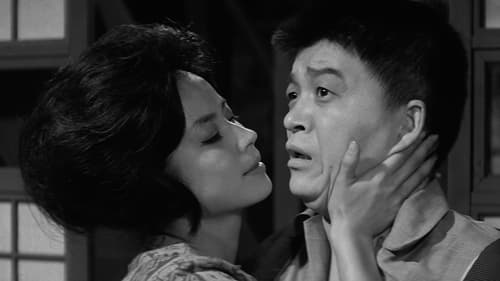
In the late 1950's prostitution was banned in Japan and if a woman was found exercising this profession they were sent to a reformatory. This is a story of one of these brave women Kuniko who is released from the reformatory and tries to build a new life.
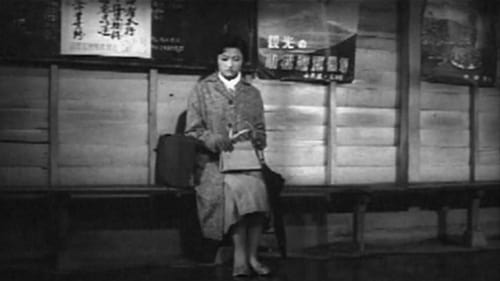
An Ishiro Honda film.

May Kawaguchi is a famous Japanese fashion designer. Returning to Tokyo from her home in New York, she travels incognito with a tour group, in hopes of having a quiet vacation without being noticed. But she is spotted and the press has a field-day with the returning celebrity. Her hopes of rest shattered, she agrees to put on a large-scale fashion show.

O-kiku
On Wings of Love is a 1957 Japanese romantic musical film directed by Toshio Sugie. It was Toho's highest-grossing film of the year and the first film released in Tohoscope.

It's a man's world. Shimamura, an artist, comes to this snowbound town to rejuvenate himself. He connects with Komako, a geisha he met on a previous trip, and it seems like love. She's the foster daughter of a local family, almost engaged to the family's son Yukio, now dying of consumption. He's tended by his sister Yuko who's angry at Komako for abandoning her brother. Shimamura returns to Tokyo but promises he will be back soon. In anticipation of his return, Komako breaks with her patron and her family loses their home. Complications arise when Shimamura doesn't come back as promised. Then Komako discovers that he and Yuko knew each other in Tokyo. Can Komako escape destiny?
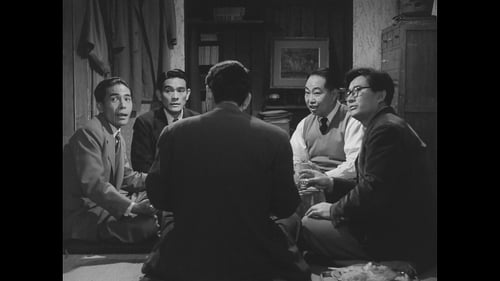
Matsuno Katakura
A husband and wife's pet peeves and minor irritations escalate into major rifts and animosity.
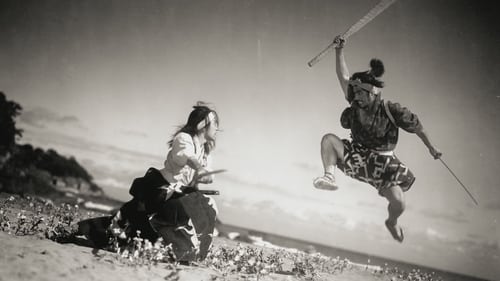
(uncredited)
Neste terceiro filme da Trilogia do Samurai de Hiroshi Inagaki (baseado no livro "Musashi" de Eiji Yoshikawa), Musashi (Toshirô Mifune) é desafiado pelo confiante e habilidoso Sasaki Kojiro (Koji Tsuruta), com o qual duelará dentro de um ano. Neste período decide viver nos arredores de uma vila cultivando legumes, enquanto ainda é perseguido por Otsu (Kaoru Yachigusa) e Akemi (Mariko Okada), ambas apaixonadas por ele. Conforme a data do duelo se aproxima, Musashi é forçado a tomar uma decisão que concilie ou não seus sentimentos por Otsu e sua paixão pelo caminho do guerreiro, ao mesmo tempo que se prepara para o maior desafio de sua vida.

Ballroom Grandmother
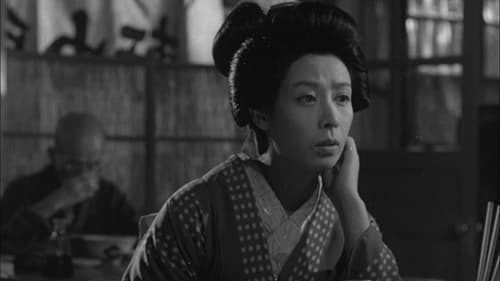
The story of a couple, a spoiled son and a down-to-earth girl, in Osaka in the early Showa era. The film won the prestigious Blue Ribbon awards for best director, best actor (Morishige) and best actress (Awashima), and the Mainichi Concours award for best actor and best screenplay (Yasumi Toshio). It ranked second (after Naruse Mikio’s Ukigumo) on the Kinema Junpō top ten films for the year.

Maid at the Nagoya inn
1955 Toho adaptation of Natsume's novel.

(uncredited)
An Ishiro Honda film.
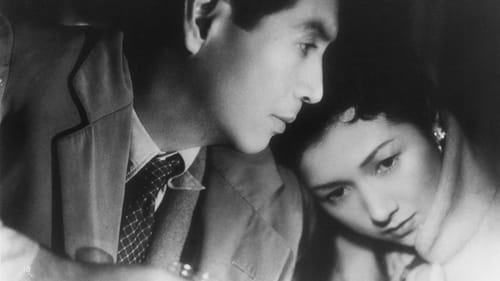
A married Japanese forester during WWII is sent to Indochina to manage forests. He meets a young Japanese typist and promises to leave his wife. He doesn't and after the war, she turns up and the affair resumes.
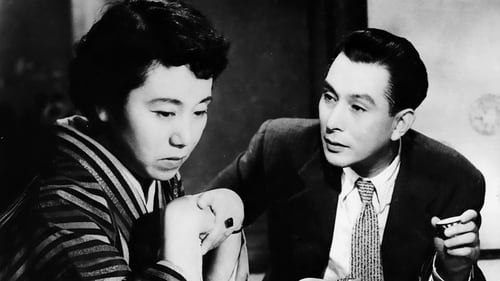
Como é a vida de uma gueixa quando sua beleza desapareceu e ela se aposentou? Okin guardou seus ganhos e tornou-se agiota, passando os dias a cobrar friamente os juros das quantias que empresta. Mesmo suas melhores amigas, ex-gueixas como ela - Otomi, Tamae e Nobu, devem-lhe dinheiro. Para todas elas, o glamour de suas vidas já passou e agora o problema é garantir o sustento nos difíceis tempos do pós-guerra. Seus filhos e amantes não aliviam a dureza de suas vidas.
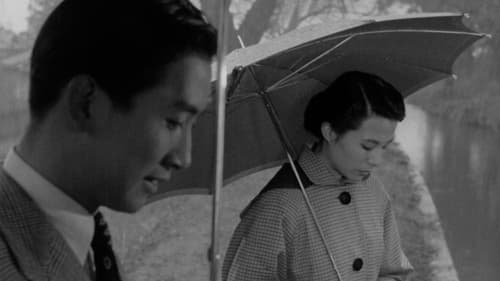
A sad and troubled man finds a new job five years after the end of WWII, where he writes love letters for other people.

1953 jidaigeki directed by Nobuo Nakagawa of Jigoku and Ghost of Yotsuya fame.

A married couple looking for an apartment move in with the husband's co-worker, a widower. The husband becomes jealous of the widower and his wife.

O-Hide
An Ishiro Honda film.
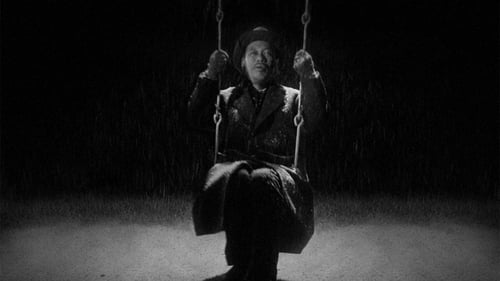
Housewife (uncredited)
Burocrata de longa data, que não liga para nada que não o interessa, descobre que está com câncer. Decide, então, construir um playground em seu bairro, tentando descobrir um sentido para sua vida.
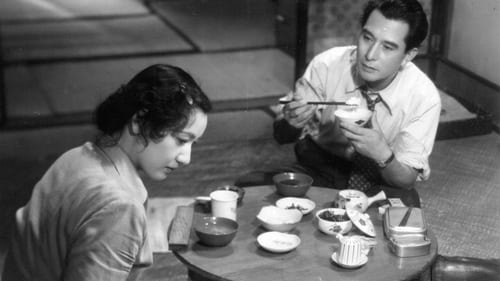
Michiyo lives in the small place Osaka and is not happy with her marriage, all she does is cook and clean for her husband.
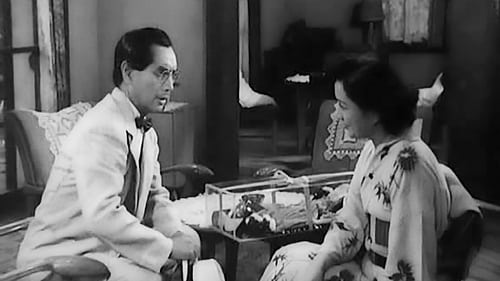
Set in post-war Japan, The Lady of Musashino tells the story of Michiko, a disillusioned young woman trapped in a loveless marriage. She confides in her younger cousin, Tsutomo, and the two become close, but decide not to consummate their affair. He instead becomes involved with the flirtatious Tomiko, who is also conducting an affair with Michiko's husband. When Michiko finds that her husband has abandoned her, she decides to take her fate into her own hands.
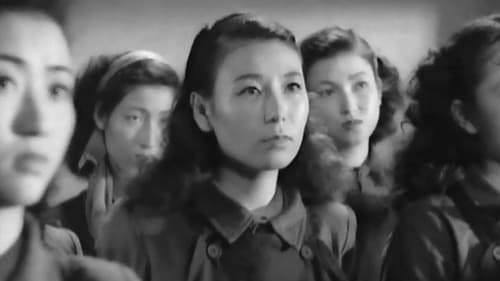
The critical establishment was clearly not prepared to accept a woman's prison film featuring former prostitutes recovering from venereal diseases, unwanted pregnancies, and estranged lovers. With its cat fights, hysterical tantrums, film noir lighting, and dramatic music, White Beast is indicative of the new influences of the Hollywood psychological thriller on Naruse. Caged (John Cromwell, 1950) initiated a cycle of women's prison movies in the United States that may or may not have been shown in Japan, but the stylistics of White Beast draw on the same paranoid woman's films and film noir conventions that preceded the American cycle.
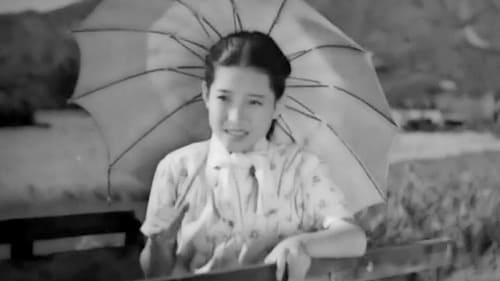
Three humorous love stories set in rural Japan.

Female Teacher B
Slice of life film centered around a couple of years in the life of a rural high school girl.
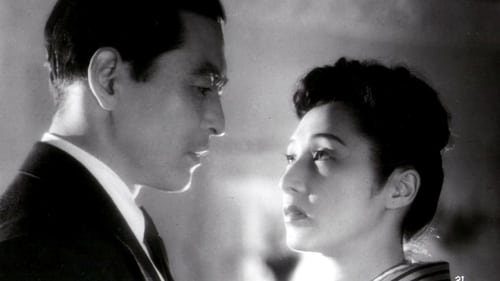
A romance with political overtones about the relationship of a sheltered bourgeois woman and a doctor who devotes himself to caring for the poor. Over a ten-year period - from 1936 through the war - they find each other and are separated again by the events of those tumultuous days.

Japanese propaganda film about the Normanton Incident.

A nurse's tale of self-sacrifice during wartime. The title is borrowed from a patriotic song made popular by singer Hamako Watanabe during the Second Sino-Japanese War.

An older sister and brother (Mieko Takamine and Masayoshi Otsuka) come to visit their grandfather (Takeshi Sakamoto) who lives deep in the mountains. As for their parents, father was serving in the South Seas and mother died of illness on her way home. So, the brother, who is still young, will live alone with his grandfather whilst the sister goes away to study to become a teacher.
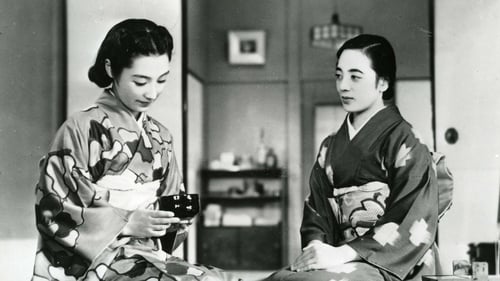
After the death of her husband, Mrs Toda and her youngest daughter receive a frosty welcome from the extended family.

A reformatory in the remote countryside houses 200 delinquents and problem children. The teachers and caretakers face much trouble. The school is often short on water, and one day, the well runs dry.

Mizutani
Movie about a devoted and single woman and her daughter. The mother's nickname is "Bokuseki" (wooden head) because of his supposed stubbornness. No.10 in the list of "The 10 best films of 1940" by Kinema Junpo.

Umezawa
A spirited young teacher challenges the conservative school employing her with liberal thinking and teaching methods.

Apartment landlady
Melodrama about a talented singer who finally makes her debut

Jie (Michiko Kuwano) attended a women's university with the financial support of her geisha sister Oha (Hiroko Kawasaki) and became a lawyer. The aim. Michiko (Kuniko Miyake), one of the seven best friends from the same women's college, is getting married. The man she's marrying is her sister's lover.

Eiko is an innocent young lady born into a wealthy family with nothing to offer. She was good at singing, and lived her life playing around with her cronies, organizing music concerts and so on. However, things change when her father's business fails and she was suddenly thrown out into the world without any foundation. Eiko has no one to support her after she loses her social status, and her only tutor, Shinnosuke (Natsukawa Daijiro) was the only one who was sincere. Eiko is a stickler for using everything she can get her hands on, and she quickly moves into Shinnosuke's house.

Haruko Minezawa, nurse
A young doctor, Kozo Tsumura, falls for young nurse Katsue Takaishi. But she's got a secret: she's a widow with a son. Kozo and Katsue decide to run away to Kyoto, but her child suddenly became sick and she just missed the train and Kozo. She makes it to Kyoto finally, but is unable to meet him. Plus she isn't accepted into Kyoto society. She goes back to her hometown and tries to forget him. She quits the hospital to concentrate on her singing. She makes her professional debut with the hit "Aizen Katsura". Kozo is in the audience.

dancer in 'Carmen'
Pre-war Asakusa was a riotous district of cabarets, dance-halls and brothels - a striking backdrop for Shimazu's story of innocence and experience. Pretty, young Reiko is the new dancer in an infamous theatre troupe, and her fellow performers try to protect her virtue in a land of vice. Meanwhile, an ageing actor wants to be a hero off stage as well as on, and the troupe matriarch Marie has to keep them all together.

Oteru, the maid
Three men fall in love with the same young girl who works in a tonkatsu restaurant in the Shitamachi district of Tokyo.

Maid
Episode in the life of a composer of a popular Japanese song.

The eldest daughter of a noble family is in love with an aviator while being courted by a fellow aristocrat she thinks is a dullard. This part is told from the perspective of Akemi.
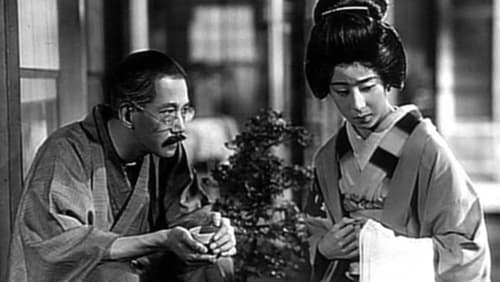
Family drama. A middle-aged father has just married off his third daughter, but still has his nine year old son to raise whom he resents as he was unwanted. (British Film Institute)

If you throw this child away

Kodakara Sodo (The Treasure That Is Children) is a 1935 black and white Japanese silent film with benshi accompaniment directed by Torajiro Saito. This is a rare example of a silent Japanese slapstick film that has survived to this day.

































